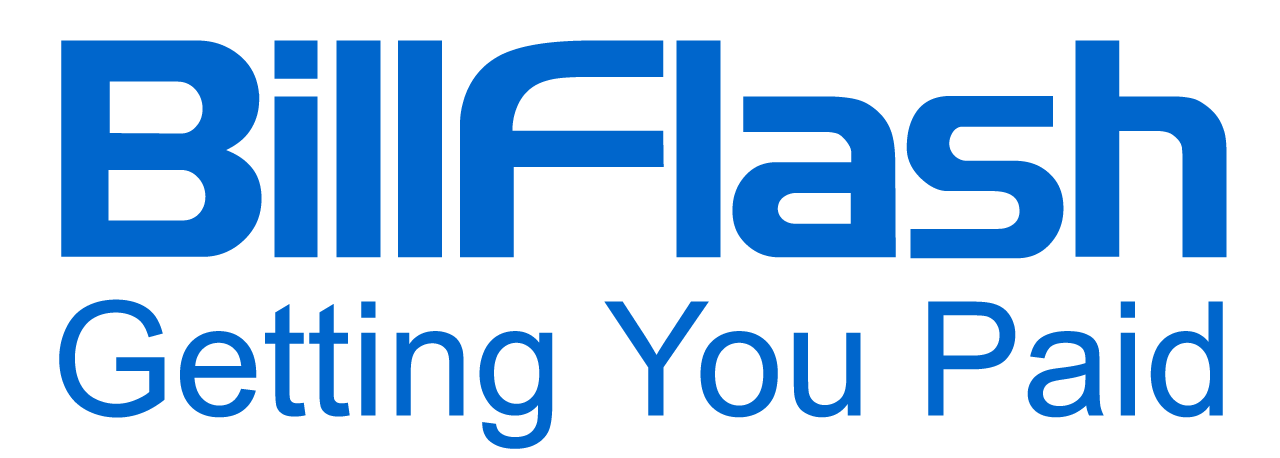Regain control of your billing process and optimize your reimbursements with our guide on mental health billing services for practices.
As a mental health professional, you might often find yourself swamped with paperwork, protocols, and insurance requirements. Balancing patient care, insurance claims, and the financial stability of your practice can feel like a daily uphill battle. You didn't choose this profession to become a master of billing and revenue cycle management. Your mission is to make a positive difference in people's lives, not to get lost in a sea of file folders and paperwork. But the hard truth is, without an efficient mental health billing process, it's difficult to keep your practice afloat and focus on what you truly love—helping your patients.
But don't stress. There are steps you can take to regain control of your practice's billing and optimize reimbursements, without straying from your clinical mission. This guide will help you navigate from the basics of billing to choosing the right mental health billing system.
By the end, we hope you will have the knowledge you need to focus on what's truly important—caring for your patients.
Understanding Mental Health Billing
To effectively navigate the world of mental health billing, you must have a solid grasp of industry-specific terminology and processes. This includes familiarity with billing codes, reimbursement rates, patient financial responsibilities, and the overall billing workflow. CPT codes are the numerical identifiers used to represent the specific services provided. This can include individual therapy, group counseling, or psychological testing.
Diagnosis codes, or ICD-10 codes, help insurers understand the medical necessity of the care delivered. Reimbursement rates refer to the dollar amount that insurers are willing to pay for each service, while deductibles and copays represent the portion patients are expected to cover out-of-pocket. Staying on top of these nuances is essential for accurate billing and balanced cash flow.
The billing process involves documenting the services provided, assigning the appropriate codes, and submitting claims to patients' insurance providers. However, this seemingly straightforward procedure is complicated by the need to comply with a complex web of healthcare regulations, from HIPAA privacy standards to CMS billing guidelines.

By developing a solid understanding of mental health billing terminology and processes, clinicians will be well on their way to streamlining their operations and maximizing their practice's revenue. This foundation is key to delivering the highest level of care to their valued patients.
Setting Up Billing Systems
Once you understand the billing basics better, you must ensure your practice has the right systems and processes in place. The right technology and workflows can make all the difference in your revenue cycle. When it comes to your billing systems, look for a solution that seamlessly integrates with your electronic health record (EHR) system.
Using an EHR system that automatically populates billing codes based on your clinical documentation will limit as much manual data entry as possible and the risk of mistakes. Advanced features like automated insurance eligibility checks and denial management can be game-changers too. While technology is key when setting up mental health billing systems, it is only half the battle.
You also need to define clear, well-documented billing procedures and assign specific roles to your staff. Designate a billing manager to oversee the revenue cycle, train your clinicians on proper documentation, and automate repetitive tasks whenever possible. When your billing systems and workflows are all on one accord, you will start to see the benefits—like faster claim turnaround, fewer denied payments, more accurate reimbursements, and faster patient payments. And that means more financial stability and breathing room to focus on your patients.
Navigating Insurance Reimbursement
Dealing with insurance companies is probably one of your least favorite parts of running a mental health practice. From differing coverage policies to changing coding requirements, it can feel like a never-ending battle. But mastering the art of insurance reimbursement is essential if you want to keep your doors open.
Start by staying up-to-date on the specific guidelines for the plans you accept. Understand which services are covered, what the visit or dollar limits are, and the process for obtaining prior authorizations. Verifying each patient's current eligibility before their first appointment is also a must.
When it comes to maximizing your reimbursements, the name of the game is diligent documentation, accurate coding, and an efficient process. Make sure there are never any issues when it comes to selecting CPT codes and modifiers. If a claim does get denied, don't dismiss it—determine the reason and start the appeals process.
Private Pay and Fee Structures
While insurance reimbursement is crucial, it's also important to have a well-rounded approach to your practice's payment models. Offering alternative options for those without coverage, as well as competitive fee structures, can make your services more accessible. For those who don't have insurance or whose benefits don't cover mental health care, consider implementing flexible payment plans.
This could include sliding scale fees based on household income, extended payment schedules, or discounted packages. When setting your private-pay rates, balance affordability for patients with your own financial needs and overhead costs. Regardless of your payment model, being upfront and transparent about fees and coverage is important.
Have open discussions with patients about their financial responsibilities, and provide resources for any assistance programs you offer. Building that trust and alignment from the start can go a long way.

Billing for Telehealth Services
The quick growth of telehealth has significantly impacted the mental health industry, introducing new billing considerations and challenges. Staying informed on the latest regulations and best practices is crucial. You will need to understand the specific billing guidelines for telehealth services. This includes knowing which provider types are eligible, the appropriate CPT codes and modifiers to use, and any requirements around patient consent and privacy.
When documenting telehealth encounters, capture details like the mode of delivery, the technology used, and the medical reasoning. This supports the codes you choose and ensures proper reimbursement. You will also want to address potential challenges like cross-state licensing, technology issues, and patient access. Developing protocols to proactively manage these factors can help streamline your telehealth billing.
Handling Denied Claims and Appeals
Claim denials are an unfortunate reality in mental health billing services, but practices must be prepared to tackle them head-on. Understanding the common reasons for denials, such as coding errors or missing documentation, is the first step. When a claim is denied, the appeals process must be navigated with diligence. Gathering the necessary documentation and fighting those denials with confidence is key, as insurance companies do not make the process easy.
However, a solid strategy for handling denied claims can work in the practice's favor. By addressing these issues proactively, clinicians can secure the reimbursement they deserve and identify areas for improvement in their billing processes. Developing expertise in managing denied claims and appeals is critical to optimizing the mental health practice's revenue cycle and financial sustainability.
Outsourcing Billing Services
For many mental health practices, especially smaller or solo operations, outsourcing the billing function can be the best method. Carefully evaluating the pros and cons, as well as choosing the right partner, is crucial.
Some of the key benefits of outsourcing your billing:
- Increased compliance with evolving regulations
- Reduced administrative burden on you and your staff
- Access to specialized billing expertise and advanced technology
- Improved cash flow and revenue cycle management
By placing a little trust in a billing system, you can free up valuable time and resources to focus on delivering high-quality mental health care. However, it is important to partner with a provider that has experience in providing billing services to mental health practices. An experienced billing service can also utilize its scale and specialized knowledge to optimize your revenue cycle, maximize reimbursements, and minimize administrative headaches.
When evaluating potential mental health billing service partners, consider:
- Their integration capabilities with your existing systems
- Length of experience and expertise in mental health billing
- Price transparency and performance reporting
- The nature of their compliance and security protocols
Staying Updated on Billing Regulations
The mental health billing landscape is constantly evolving, with new regulations, code changes, and industry best practices emerging regularly. Maintaining an up-to-date understanding of these shifts is essential for ensuring compliance and optimizing your revenue cycle. Commit to ongoing education and training, for yourself and your billing staff.
Become an active participant when it comes to being a part of professional associations, industry publications, and specialized programs so you can stay informed. Also, feel encouraged and motivated to join regional information-sharing groups to collaborate with others in the field to learn more. If everyone can help the next stay updated on billing regulations, everyone will contribute to making sure patients are being cared for.

Mastering Mental Health Billing: A Path Forward
Effective billing practices are the foundation for the financial health and long-term sustainability of mental health professionals' practices. By mastering the essential elements of mental health billing, clinicians can free themselves from the administrative burden and dedicate their time and energy to the meaningful work they are passionate about.
When practices have their billing systems and processes dialed in, it's like a weight has finally been lifted. Mental health professionals can put their heart and soul into providing the best care possible, knowing that the financial side of the practice is running smoothly. Patients will feel the difference, as well, and all mental health professionals will become better positioned to focus squarely on delivering exceptional treatment without the distraction of billing headaches.
Ready to simplify your billing and focus more on your practice? Whether you need in-house billing software or prefer a fully outsourced solution, BillFlash is here to help. Schedule your demo today and see how easy managing your billing can be!

